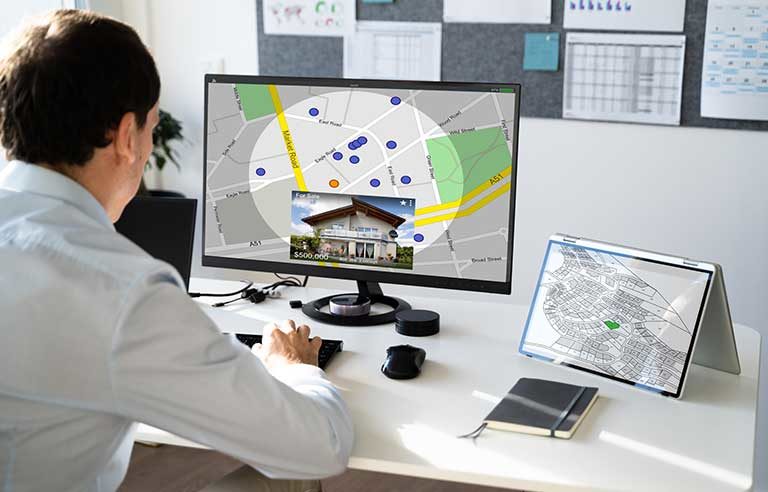Use of personal sensors to monitor worker stress may come with privacy issues

Ithaca, NY — Data from personal sensors can be used to help monitor and alleviate worker stress, but privacy concerns over who sees the data and for what purposes are two big challenges to implementation, concludes a recent study led by researchers at Cornell University.
The qualitative study focused on 11 resident physicians in a psychiatry program in a New York City hospital. A psychiatry program was chosen because of the providers’ familiarity with stress, burnout and well-being. Formal 60-minute interviews were conducted, followed by “provocation sessions” with five residents and five attending physicians.
To measure the impacts of stress, the researchers developed a well-being tracker – a dashboard featuring behavioral data on the residents’ sleep, activity and time working; self-reported levels of burnout; and a text box in which the residents could describe their well-being.
Findings show that the residents were hesitant to share data without reassurance that their supervisors wouldn’t use it for any other purpose but to enhance their well-being. Although bigger program participation would make anonymity more likely, the researchers note, it could hurt the potential positive uses of the program because attending physicians wouldn’t be able to identify which of their residents are struggling.
Using data-driven solutions to help prevent burnout in health care, for example, and gauge worker well-being are appealing to managers and researchers. Yet, the researchers write that “their implementation must be accompanied by guardrails to prevent them from instead reifying existing power asymmetries, or exacerbating potential for abuse.”
The study was published online in the journal Proceedings of the Association of Computing Machinery on Human-Computer Interaction.
Post a comment to this article
Safety+Health welcomes comments that promote respectful dialogue. Please stay on topic. Comments that contain personal attacks, profanity or abusive language – or those aggressively promoting products or services – will be removed. We reserve the right to determine which comments violate our comment policy. (Anonymous comments are welcome; merely skip the “name” field in the comment box. An email address is required but will not be included with your comment.)

